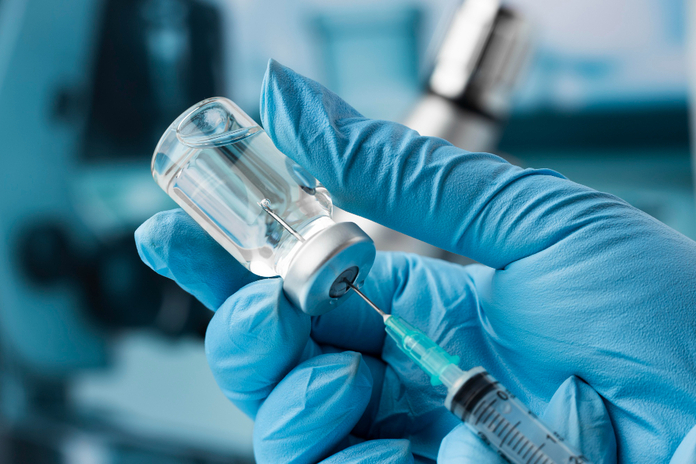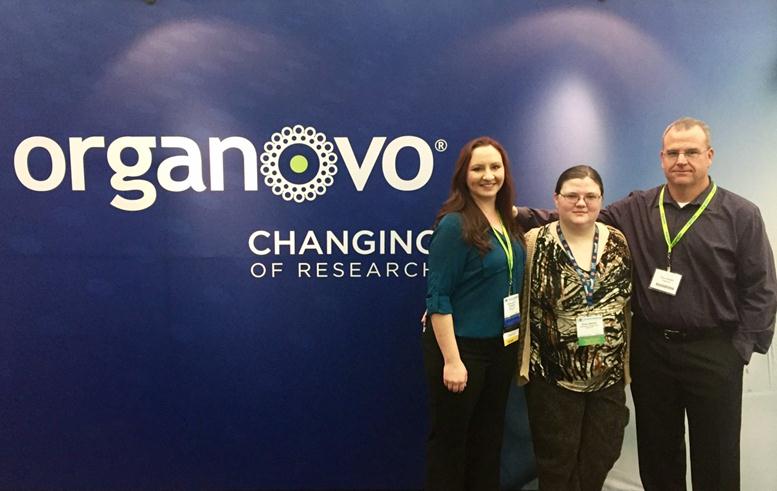Moderna (NASDAQ:MRNA) is actively pursuing the diversification of its product offerings, including its COVID-19 vaccine, which has experienced a decline in sales over recent quarters.
As a pioneer in developing one of the initial COVID-19 vaccines, Moderna achieved robust sales of its product, propelling the company’s transition from a clinical-stage pharmaceutical firm to a commercially successful one.
The unexpectedly strong product sales contributed significantly to the company’s financial resources. MRNA is currently advancing more than 30 mRNA-based investigational candidates across various stages of clinical development.
Just last month, Moderna initiated regulatory submissions for its mRNA-based RSV vaccine, mRNA-1345, intended for use in older adults (aged 60 years and above) across markets like the United States, Europe, and Australia. A potential launch is anticipated for the coming year. Approval would mark Moderna’s second product launch, following its COVID-19 vaccine.
Beyond its RSV vaccine, Moderna has three candidates undergoing late-stage trials: mRNA-1010 (influenza vaccine), mRNA-1647 (cytomegalovirus (CMV) vaccine), and mRNA-4157/V940 [individualized neoantigen therapy (INT)].
In recent weeks, Moderna announced the completion of enrollment for the phase III immunogenicity study (P303) assessing an improved formulation of mRNA-1010, designed to enhance immune responses against the influenza B strain. Data from the P303 study is expected to support the vaccine’s accelerated regulatory filing for approval, with results projected before the end of September 2023. This progress sets the stage for mRNA-1010 to be Moderna’s third product launch, expected in the upcoming year.
During its second-quarter results announcement, the company reported having over 80% of enrollment completed for the pivotal phase III study evaluating its CMV vaccine, mRNA-1647, in partnership with Merck (NYSE:MRK).
In June, Moderna and Merck unveiled positive phase IIb data for mRNA-4157 in treating melanoma, showcasing a 65% reduction in the risk of distant metastasis or death when combined with Merck’s Keytruda compared to Keytruda alone. Encouraged by these findings, the companies initiated a phase III study for mRNA-4157 in melanoma patients the following month.
With promising advancements across its pipeline candidates, Moderna is gearing up for the commercial introduction of these candidates within the next three years.
Apart from its current candidates, Moderna is concurrently evaluating mRNA-based investigational therapies at various stages of clinical studies, targeting a range of indications, including zika virus and propionic acidemia.
Despite its expansion efforts and progress across the pipeline, Moderna remains committed to the development of its COVID-19 vaccine, particularly to address emerging variants. While the company anticipates continued revenue from COVID-19 vaccine sales, demand is likely to exhibit more seasonal patterns.
In June, Moderna submitted a regulatory application to the FDA for approval of mRNA-1273.815, a monovalent vaccine targeting the XBB descendent lineage viruses. The company asserts its readiness to supply doses for the upcoming fall vaccination season, contingent upon FDA authorization.
Nonetheless, Moderna faces formidable competition in its target markets. The company’s COVID-19 vaccine competes with Pfizer (NYSE:PFE) /BioNTech’s (NASDAQ:BNTX) mRNA-based vaccine. Pfizer/BioNTech have also sought regulatory clearance for their updated monovalent vaccine against the XBB lineages from the FDA.
Regarding the RSV vaccine, Pfizer secured FDA approval for Abrysvo, making it one of the first developers to do so for older adults. Pfizer is additionally pursuing FDA approval to expand the label of Abrysvo’s usage to pregnant women, aimed at preventing the disease in infants. A final decision is expected by the end of this month.
Featured Image: Freepik © Image by Freepik






